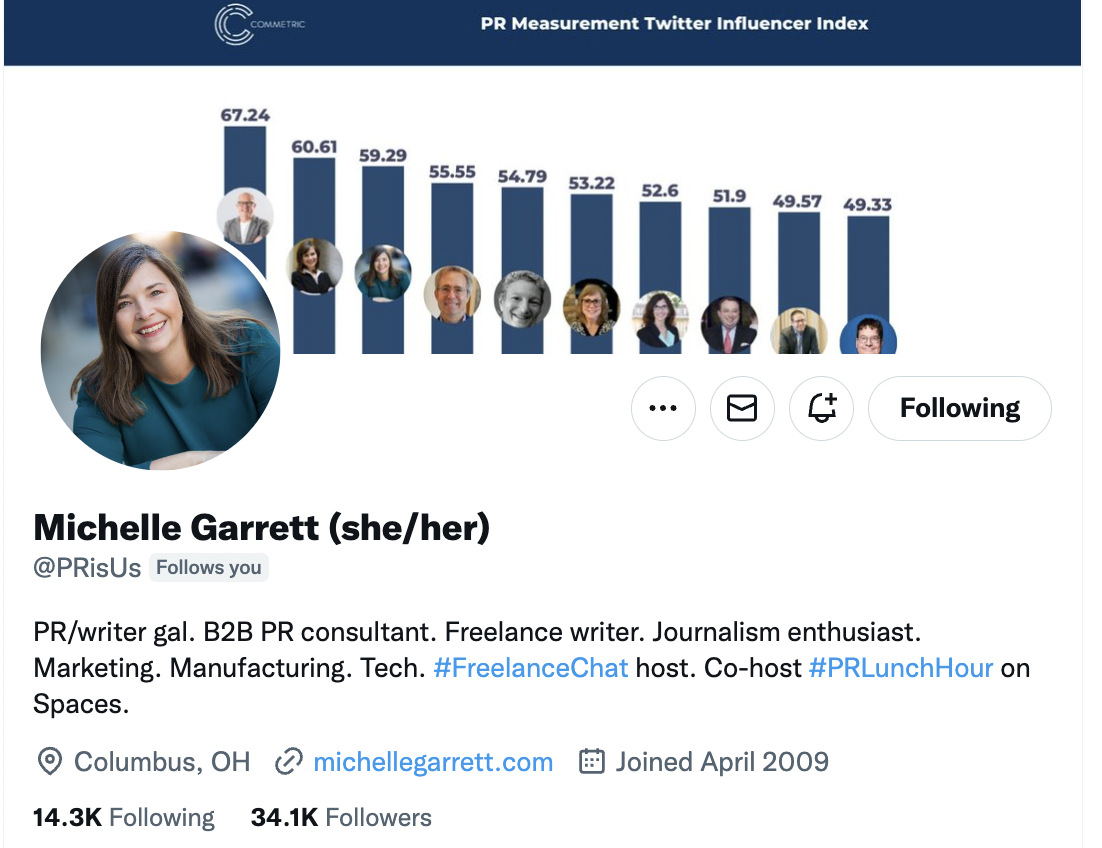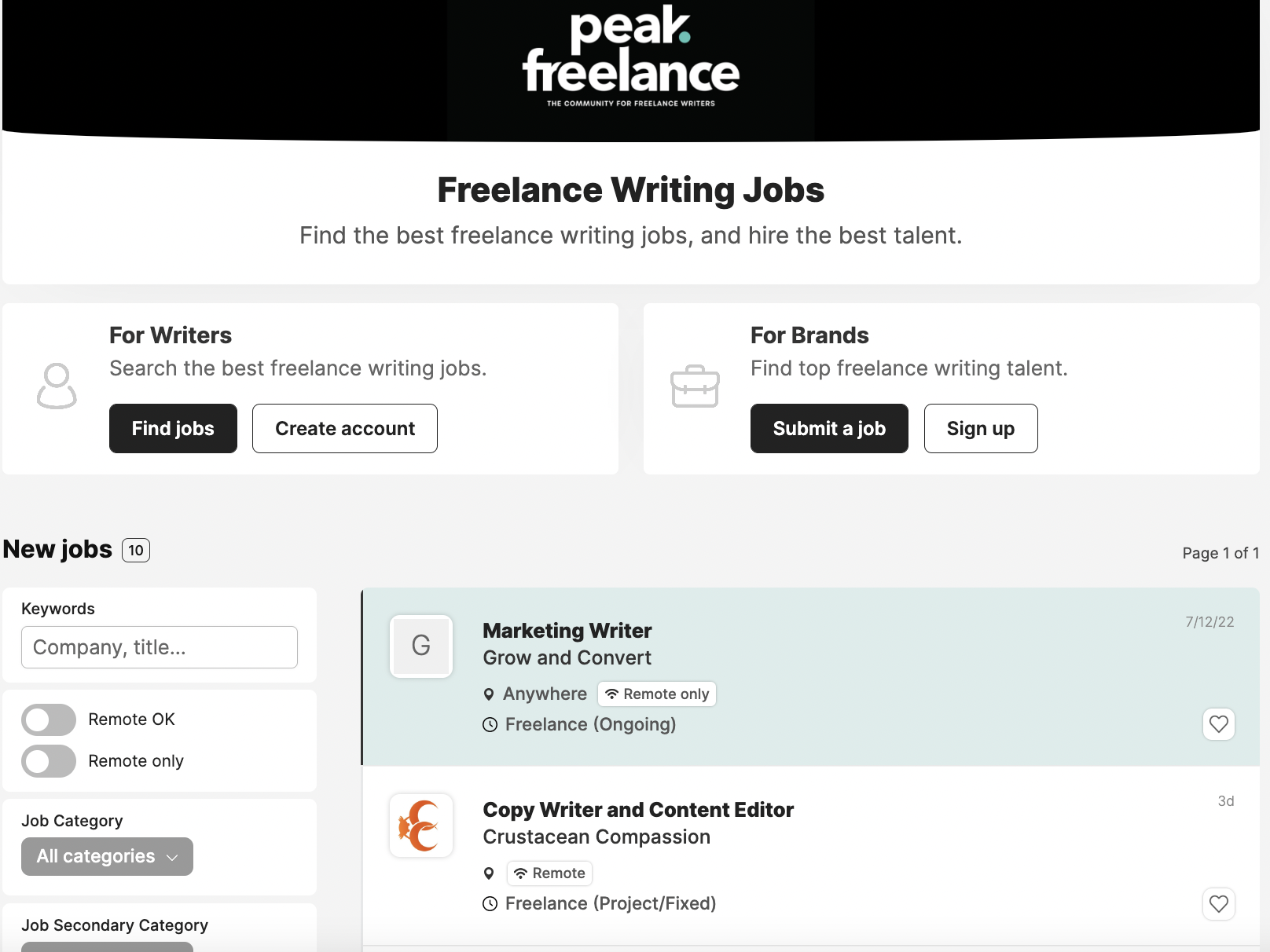Conduct audience research and discover your audience's problems
If you want to write a great article, you need to start by understanding your audience. Who are they? What do they care about? What are their pain points? What influencers do they follow? What products do they buy? What interests them on social media?
Audience research is the tool that will help you answer these questions. There are a lot of ways to conduct audience research, including using audience research tools like SparkToro and conducting surveys, interviews, and focus groups.
The best thing to do is to have ongoing and organic conversations with members of your audience. Engage with people on Twitter and LinkedIn, chat with customers IRL, and have an online community where your audience can provide ongoing feedback.
Sending your client a content brief
Sending your client a content brief is an important step in the research process. Most high-earning freelance writers won’t start an article without a content brief.
A content brief should include the following:
A description of the target audience
The problem that the target audience is facing
The goal of the article
Target keywords
The main points that the article will cover
The tone of the article
The target word count
Competitors
Any relevant deadlines
A content brief will help to make sure that everyone is on the same page regarding the audience, purpose, and goals of the article.
It will also help to keep the writing process on track and guarantee that the final article meets the needs of the target audience.
Doing preliminary research on a topic
When you're ready to start preliminary research, there are a few strategies you can use to quickly gather information about your topic.
One effective way to get an overview of a topic is to do a search across social media, including Twitter, LinkedIn, and TikTok. Social media will give you accurate insight into what people are saying about your topic right now.
Another idea is to scour Google for new trends, recent data, and industry reports. A tool like Waldo (a Google Chrome Extension for enhanced research) will help speed up your research process by helping you identify the right resources with a few hotkeys.
You can also use Google News to get a sense of what's being written about currently in the news. If you're looking for more in-depth information, you can search for academic papers on Google Scholar. Make sure they have been published recently.
Finally, don't forget to check out the resources available on your client's website. They may have helpful blog posts, infographics, or even data sets that you can use in your article.
Creating an outline
Once you have a general understanding of your topic and what your audience wants to know, it's time to start creating an outline for your article. This will be a roadmap for your research and writing, and will help you keep your article focused and on-track.
There are a few different ways you can approach creating an outline. One method is to start with a general introduction to your topic, followed by the main points you want to make. Each of these main points can then be further divided into sub-points.
Alternatively, you can start with a list of questions your audience is likely to have about your topic, and then answer these questions in your article. This can be a helpful way to structure your article, and make sure you're covering all the relevant information.
Whichever approach you choose, make sure your outline is clear and concise. It should be a helpful tool for you during the research and writing process, not a hindrance.
Conducting expert outreach for quotes
When you're writing an article, it's important to get quotes from subject matter experts (SMEs) in the field to help support your argument. But how do you go about getting these quotes?
The best way to get quotes from experts is to reach out to them directly. This can be done through email, social media, or even in person if you're attending an event where they're speaking.
When you contact an expert, be sure to explain who you are, what you're writing about, and why you think their quote would be valuable. You should also provide them with any specific questions you have that they can address in their quote.
If you don’t have a relationship with the subject matter expert or don’t feel comfortable reaching out directly, you can put a request for a quote on HARO, Qwoted, or Terkel.
Reviewing new reports, recent statistics, and relevant data
As you're conducting your research, you'll likely come across new reports, statistics, and data sets that are relevant to your article topic. It's important to review this new information and integrate it into your article if it's relevant.
New reports can provide valuable insights that you didn't have before, and recent statistics can help to support your argument or provide new evidence for your claims. New data sets can also help to support your article and provide additional information for your readers.
When reviewing new information, be sure to critically evaluate it and determine if it's truly relevant to your article. Don't just add new information for the sake of adding more information; only include it if it will truly benefit your readers and add context to your article.
Engage in communities that are relevant to your article topic
When you're researching an article topic, it's important to engage with relevant communities in your niche. This will help you get a better understanding of the topic, and you may even find some new perspectives that you hadn't considered before.
You can engage with communities by participating in online forums, reading blogs and articles written by experts in the field, and attending conferences and events related to your topic.
If you can, try to meet people in person who are experts on your topic. This can be difficult if you're not based in the same city as the experts, but it's worth the effort if you can swing it. You can also reach out to experts via Zoom, social media, or email.
Now it’s time to start writing
Once you’ve conducted thorough research, you’re officially ready to start writing. Remember, your research provides context for the arguments you’re making in your articles.
State your case and then support it with insight from subject matter experts, recent data, community insight, and examples you’ve sourced in your research.










